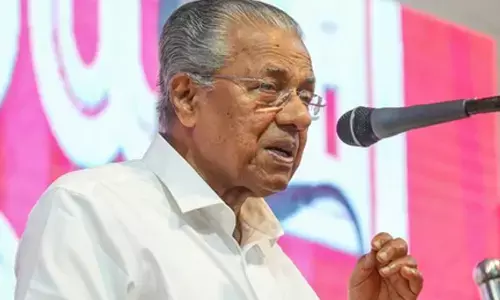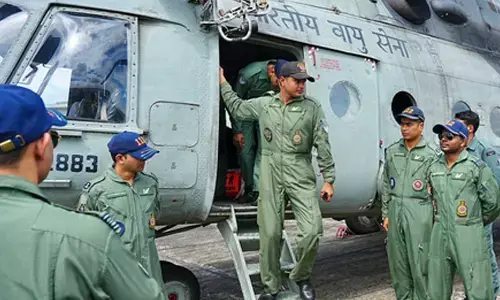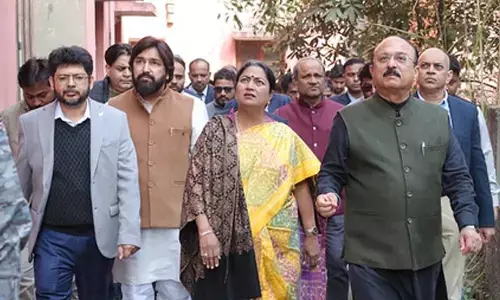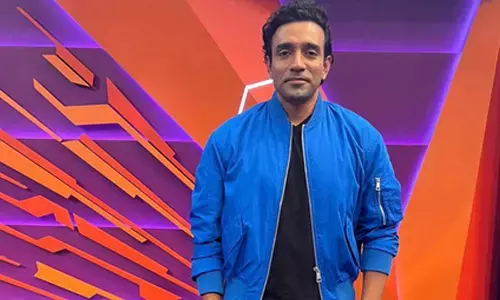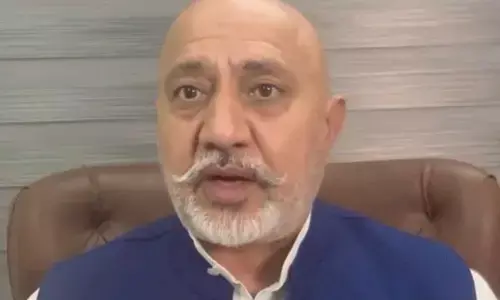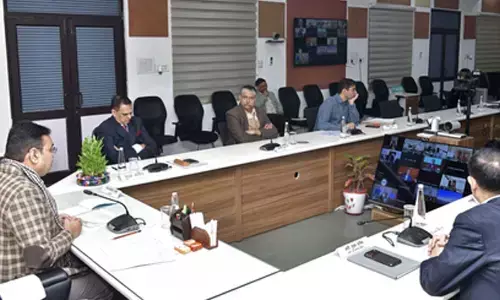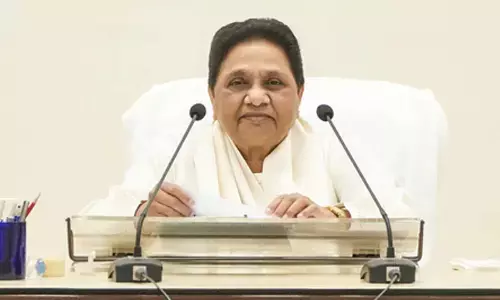Tackling drug trafficking & ways to curb drug abuse
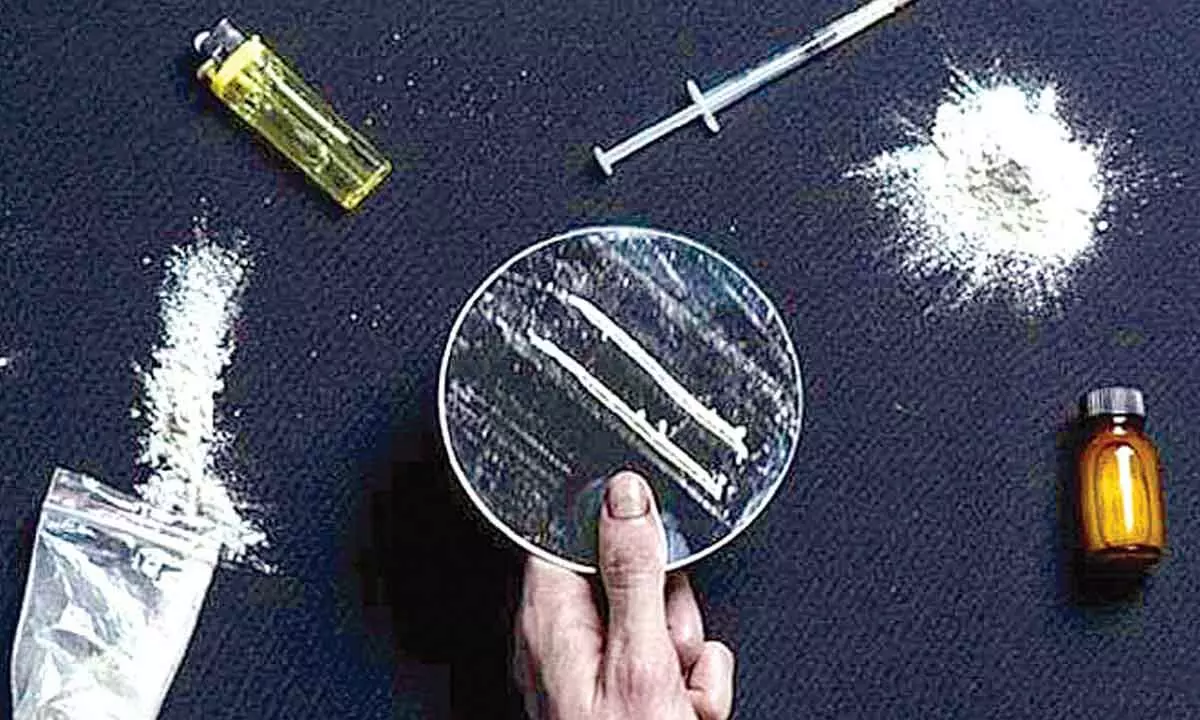
The spate of seizures of heroin, cocaine and other psychotropic substances during the last three years calls for a hard look by the Narcotics Control Bureau (NCB), particularly in view of substantial increase in substance abuse in different parts of the country and the metros.
The spate of seizures of heroin, cocaine and other psychotropic substances during the last three years calls for a hard look by the Narcotics Control Bureau (NCB), particularly in view of substantial increase in substance abuse in different parts of the country and the metros. Projections made based on the surveys indicate that there are at least a hundred million people who are drug dependant.
The NCB which was started in 1985 was entrusted, inter alia, with the following Charter of Functions:
• Coordination of actions by various officers of the Central and State governments and other authorities under the NDPS Act, the Customs Act, 1962, the Drugs and Cosmetics Act, 1940 and any other law for the time being in force in connection with the enforcement of the principal Act; collection and dissemination of intelligence
• Implementation of the obligations in respect of counter-measures against illicit traffic under various international conventions; Liaison with International agencies such as UNDCP, INCB, INTERPOL, World Customs Organization, RILO, etc
• Assistance to the authorities concerned in foreign countries and concerned international organizations with a view to facilitating coordination and universal action for prevention and suppression of illicit traffic in narcotic drugs and psychotropic substances.
• Coordination among various Central and State Agencies engaged in drug law enforcement and prevention of drug abuse.
• National contact point for intelligence and investigations
In quantitative terms, the seizures of heroin and cocaine in India in the recent past almost every week are not lagging behind the quantities of cocaine seized in the US and Columbia. This should be a major cause of concern for the NCB and the agencies entrusted with the functions of suppression of drug trafficking and prevention of drug abuse.
It does not need much of an analysis to come to an empirical conclusion that due to the demand for hard drugs like heroin, cocaine, methamphetamine, etc, there is an inflow of these drugs, mostly through the sea routes in vessels, concealed in containers declared as legitimate cargo at ports, land customs stations and at international airports.
While the NCB has about 1,100 officers to carry out the arduous responsibilities, the powers under the NDPS Act have been conferred on various Central and State Agencies, including the officers of the Customs, the BSF, the State Police, Excise Officers and Officers of the forest department. Still the desired results are not forthcoming.
It is, therefore, necessary for the Home Minister or the Home Secretary to call for a conference of DGs of NCB, DRI, Chief Principal Commissioners of Customs and the DGs of Police to chalk out an action plan to take concerted action against drug traffickers, hawala operators and major smuggling syndicates. If necessary, the provisions of the Prevention of Illicit Traffic in Narcotic Drugs and Psychotropic Substances Act, 1988, should be invoked and the identified suspects should be detained. The message should be loud and clear that the government means business and there is zero tolerance for this scourge.
During such proceedings it is necessary to focus on the guidelines given in the Comprehensive Multidisciplinary Outline of Future Activities in Drug Abuse Control (CMO). The main elements involved in the fight against drug abuse and illicit trafficking, namely, the prevention and reduction of illicit demand, the control of supply, action against illicit trafficking and treatment and rehabilitation of drug addicts should be the principal objective of the NCB and the empowered agencies.
(Writer is a former DG, NCB, and DG, DRI).









